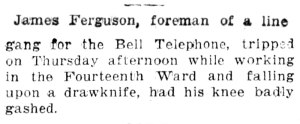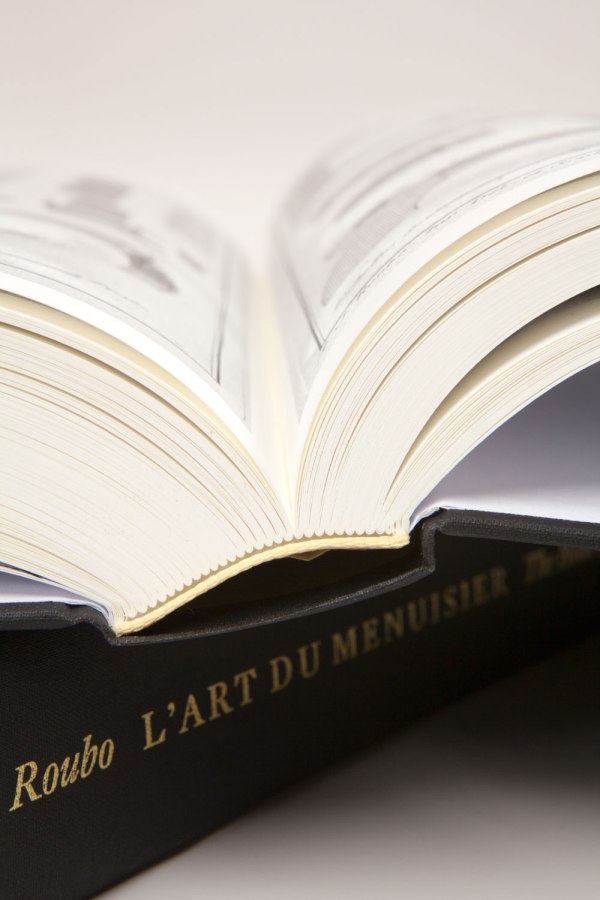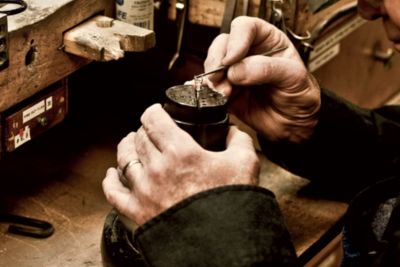Prelude to Perfection –
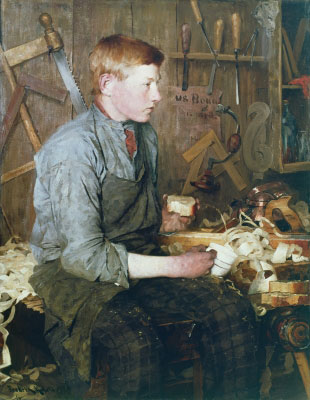
Most of us are haunted throughout our lives by the wide gap between what we feel we could do and the little we actually accomplish. “Man’s reach is wider than his grasp.” As children we embarked eagerly on cherished projects and when we failed from the lack of experience and skill were daunted and exasperated by our impotence. To feel within oneself the power to do a thing and then to make a hash of it!
Later, when our fingers had gained skill the problem posed itself in a different form. We might now have the knowledge and at least sufficient confidence to do a good job, but still there was something that eluded us, some secret vision of perfection to which, in spite of many efforts, we failed to attain. The trouble with perfection is that it looks so misleadingly simple, but the cost is high. We can spend quite a considerable part of our lives discovering just how high and that unless we are prepared to pay the price perfection will continue to elude us. Recently I came across a mathematician who, so that he might demonstrate some mathematical law to his class had made a wooden model which, in order to function, needed an upright board, grooved in zigzags set at certain angles, down which tiny balls cascaded to operate the model. It was not the main part of the model, merely the necessary prelude which made the demonstration possible, yet it had taken him, he said with a smile, three hundred hours to make. The wood was unpolished but so glossily smooth, with perfection in each incisive line along which the little balls capered, that it had a beauty all of its own. Obviously it had been a labour of love and infinite patience.
Usually it is our impatience that defeats us. There are so many other distractions tugging at us that it is difficult to devote ourselves unswervingly to one particular bit of creative work with the unhurried effort that a first-class job takes and we are content to give less than our best. The craftsman’s best needs something more than an acquired skill of fingers sufficiently well trained not to mar a job with rash, impatient movements. It needs besides an attitude of mind that can sustain a prolonged effort with enjoyment and when a man takes pleasure in his work for its own sake he has acquired the true craftsman spirit which makes the best work possible.
Even so, we have to accept our human limitations. They are different with every individual man, divergencies of talent, of temperament, of circumstances which must inevitably produce differences of achievement. The temptation is strong to say: “Ah, if I was that man, or had that gift, or that opportunity, I should do very differently.” Should we, I wonder? If, instead of sighing for the moon, we accept ourselves as we are, with our own gifts and potentialities, our own weaknesses and faults of temperament, and set ourselves to do the best creative work that lies inside of us in spite of them, we shall work with an awareness of ourselves that will be half the battle. The naturally impatient man has more patience to learn than his less impulsive brother, the man who yields so easily to discouragement has to make up his mind to grit his teeth and hand on and that “it’s dogged as does it.” We are all these things by turn and at times but in each of us the proportion is different. We are each, as it were, our raw material and by working creatively and setting ourselves to do good work we are shaping and making ourselves as well as the thing we do. In this way alone can we discover our hidden potentialities by learning to do the things which can give them release. It is their presence within us which gives us from childhood upwards that sense of power to do things which, given no outlet, may well prove illusory.
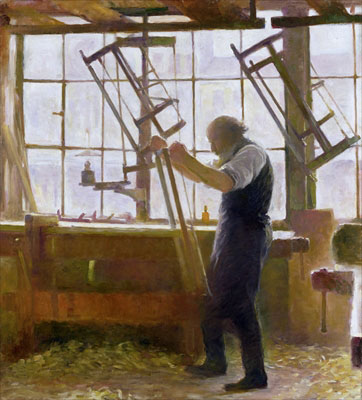
Lack of confidence or an impossible ambition may both cause failure but if we work realistically, accepting ourselves as we are, confidence will come or vaulting ambition learn a moderation that leads to success. As the power of achievement grows, we shall find that we have it in us to do work stamped with our own distinctive character, because character develops inevitably with the things we do, and that we shall be making a contribution in itself unique to our surroundings.
The only fatal thing is to give up trying, to allow that sense of innate ability to become submerged, turning to a feeling of frustration and finally indifference. By so doing we shall cheat ourselves of some of the best things in life.
Once started on the good road to craftsmanship there is no knowing where a man will stop. One thing has an odd way of leading to another, interests and accomplishments grow and thrive by the way. To the end of our days we shall probably feel conscious of the things we might have done and did not, but in so far as we were willing to pay the price of achievement we shall have something to show for having lived.
— Charles H. Hayward, The Woodworker, April 1955 issue (paintings dug up by Jeff Burks)
Check out “The Woodworker: The Charles H. Hayward Years,” the first two volumes of writings from the English magazine while Hayward was editor.

